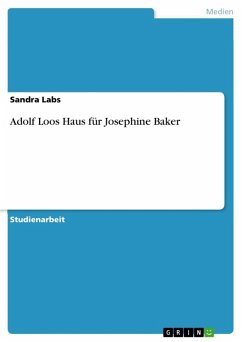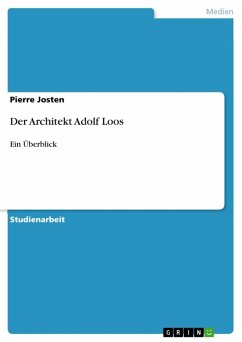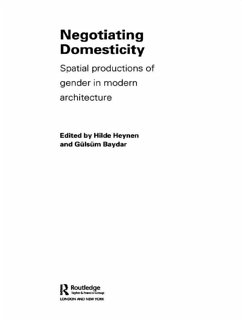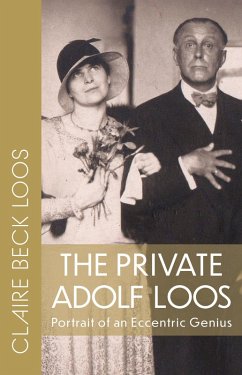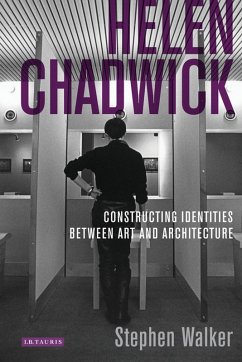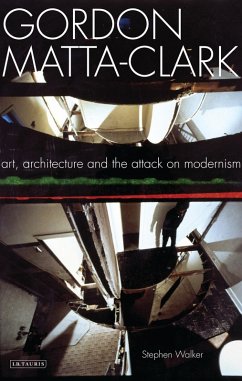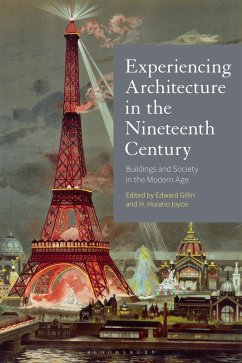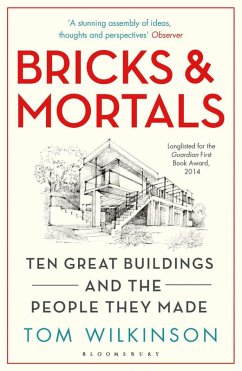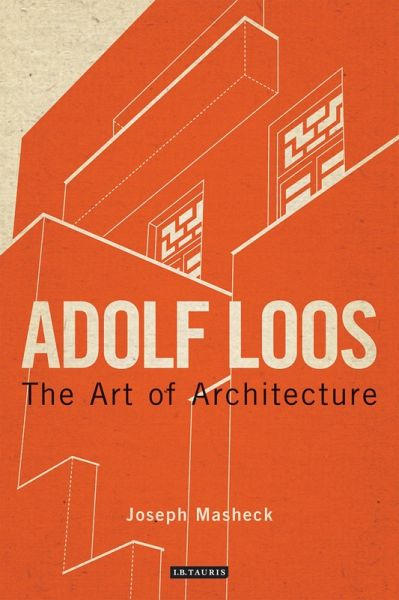
Adolf Loos (eBook, ePUB)
The Art of Architecture

PAYBACK Punkte
11 °P sammeln!
Widely regarded as one of the most significant prophets of modern architecture, Adolf Loos was a celebrity in his own day. His work was emblematic of the turn-of-the-century generation that was torn between the traditional culture of the nineteenth century and the innovative modernism of the twentieth. His essay 'Ornament and Crime' equated superfluous ornament and 'decorative arts' with tattooing in an attempt to tell modern Europeans that they should know better. But the negation of ornament was supposed to reveal, not negate, good style; and an incorrigible ironist has been taken too litera...
Widely regarded as one of the most significant prophets of modern architecture, Adolf Loos was a celebrity in his own day. His work was emblematic of the turn-of-the-century generation that was torn between the traditional culture of the nineteenth century and the innovative modernism of the twentieth. His essay 'Ornament and Crime' equated superfluous ornament and 'decorative arts' with tattooing in an attempt to tell modern Europeans that they should know better. But the negation of ornament was supposed to reveal, not negate, good style; and an incorrigible ironist has been taken too literally in denying architecture as a fine art. Without normalizing his edgy radicality, Masheck argues that Loos' masterful "astylistic architecture" was an appreciation of tradition and utility and not, as most architectural historians have argued, a mere repudiation of the florid style of the Vienna Secession. Masheck reads Loos as a witty, ironic rhetorician who has all too often been taken at face value. Far from being the anti-architect of the modern era, Masheck's Loos is 'an unruly yet integrally canonical artist-architect'. He believed in culture, comfort, intimacy and privacy and advocated the evolution of artful architecture. This is a brilliantly written revisionist reading of a perennially popular architect.




